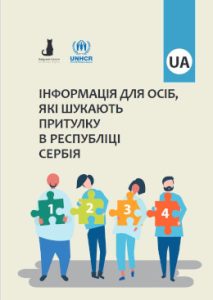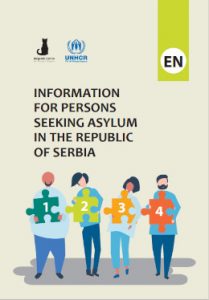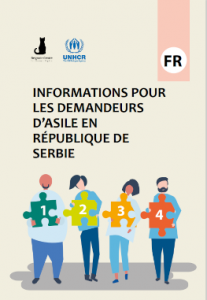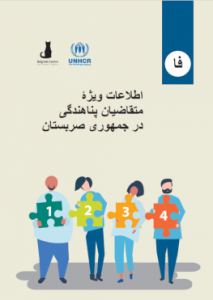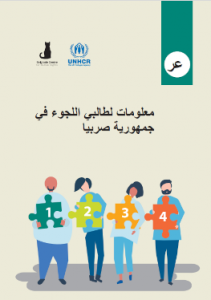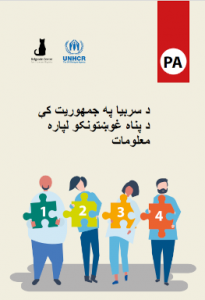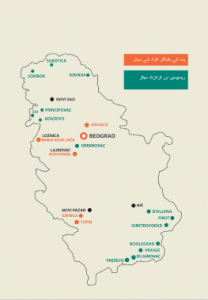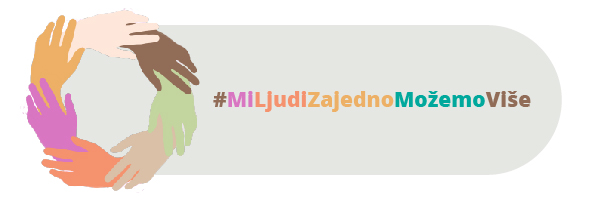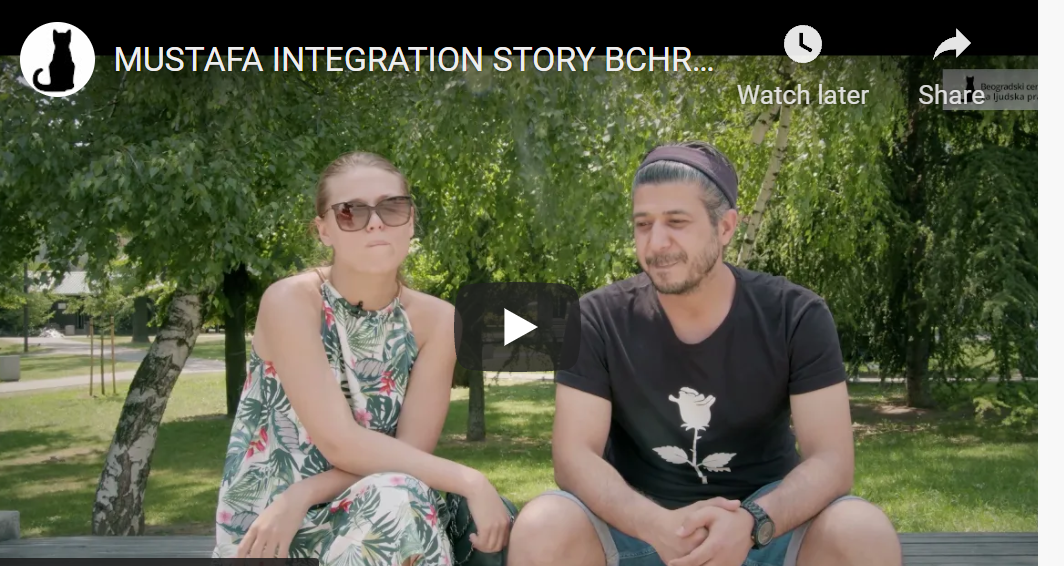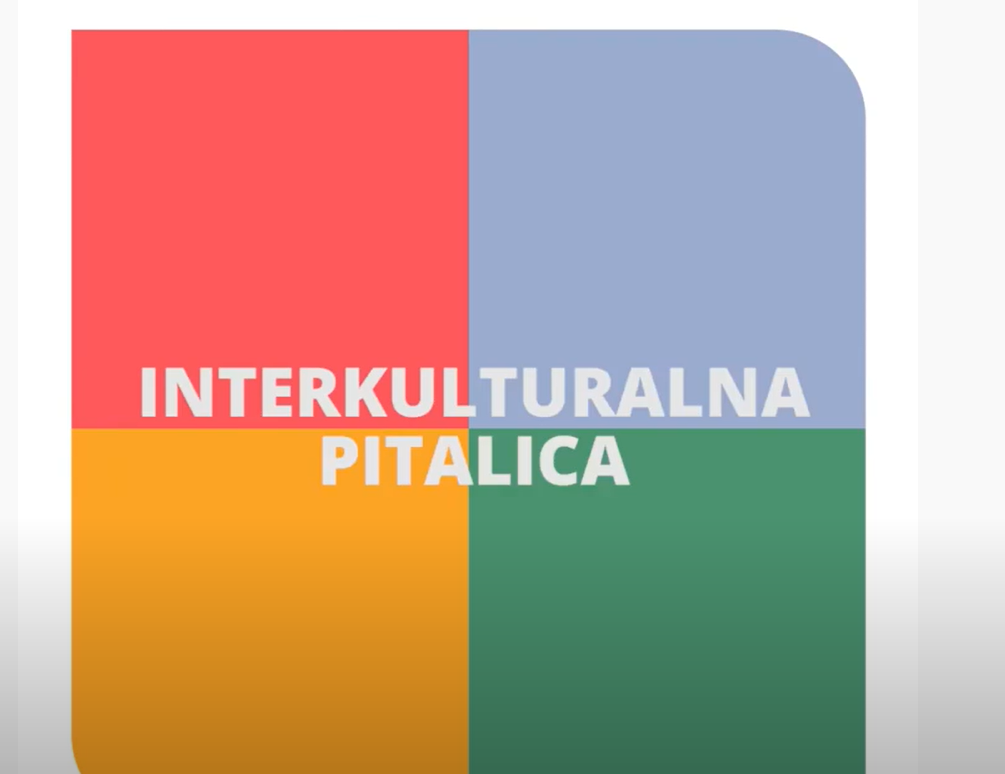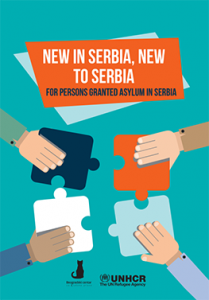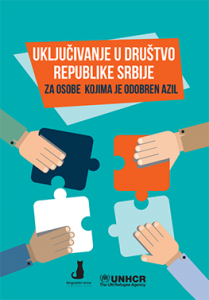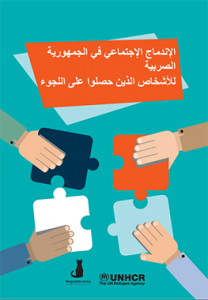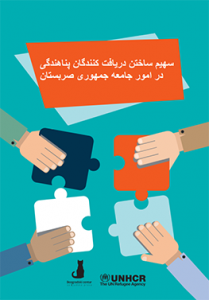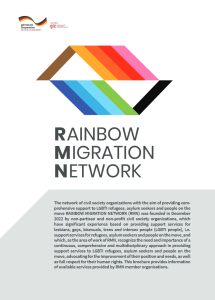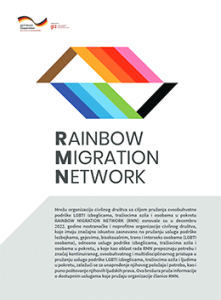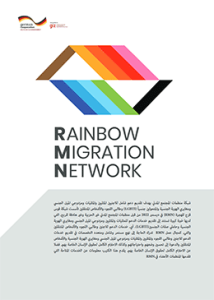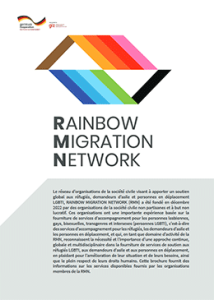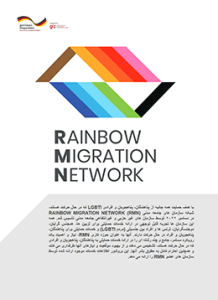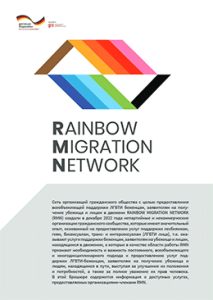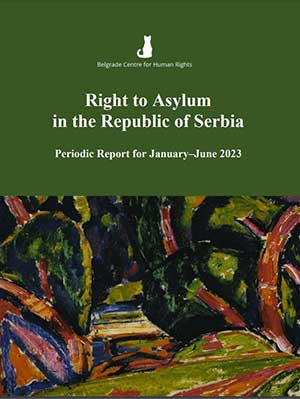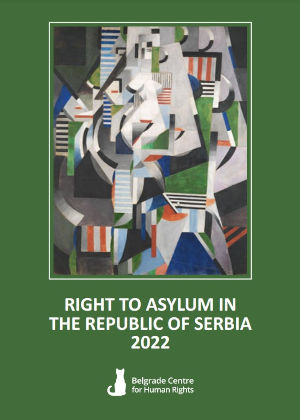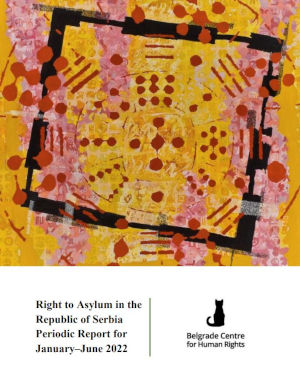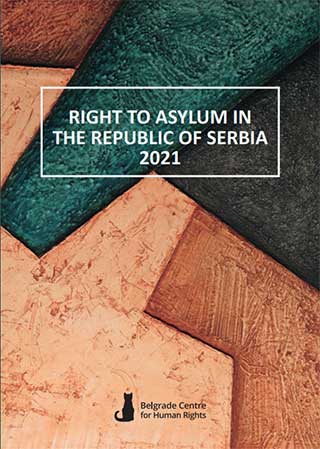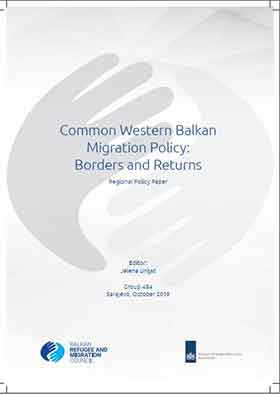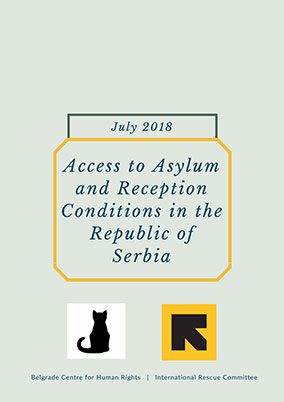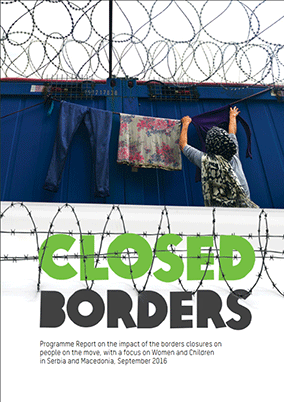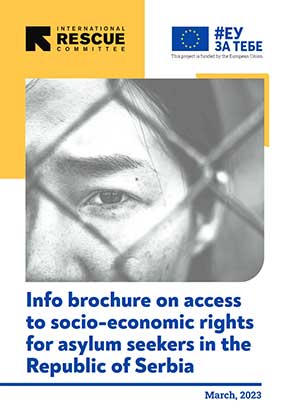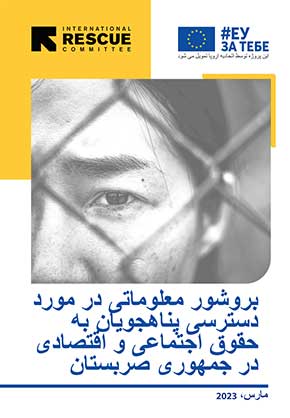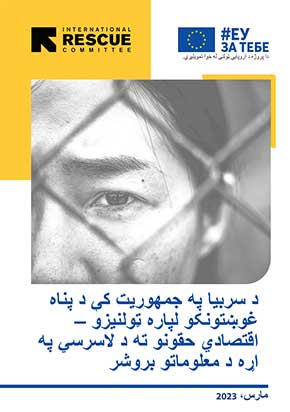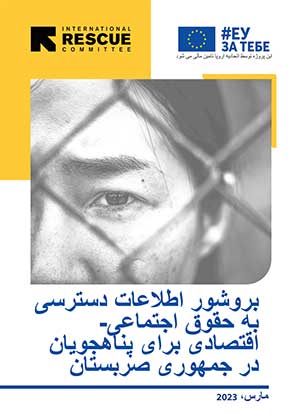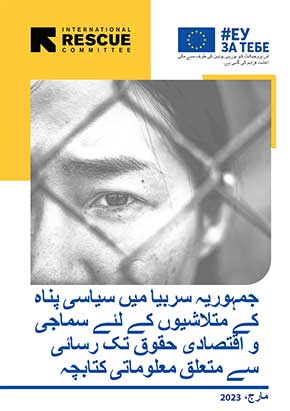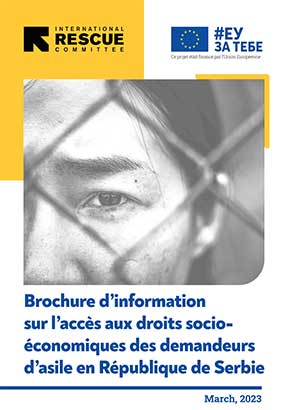We continuously monitor the state of affairs both in the countries where the asylum-seekers come from and in Serbia. All of our findings and reports are available at the Centre’s webpage at www.azil.rs

As a partner of the United Nations High Commissioner for Refugees, the Belgrade Centre for Human Rights has, since 2012, provided asylum-seekers in Serbia with free legal aid: they are explained their rights and obligations and represented before the proper authorities in Serbia and the European Court of Human Rights.
Refugee Situation in Serbia in February 2019
According to the UNHCR estimates, the number of refugees and migrants in Serbia remained unchanged during February and amounted to 4,330 persons of concern, of which around 3,898 were located in state asylum centres and reception centres by the end of the month. Most of the refugees, asylum-seekers and migrants were accommodated in the reception […]
Residence permit on humanitarian grounds as a new form of protection
The new Law on Foreigners was adopted on March 22, 2018, and it is being implemented since October 3, 2018. With a number of novelties adopted with the aim of harmonizing the legal system with the acquis communautaire, a new humanitarian basis for the acquisition of temporary residence has been introduced. The Law on Foreigners […]
Asylum Office statistics in 2018
During 2018, 8,436 persons expressed intention to seek asylum and to submit an asylum application in the Republic of Serbia. This represents an increase relative to 2017 when 6,199 persons intending to seek asylum were registered in the same period. Of the number of persons who expressed intention to seek asylum and to submit an […]
Refugee Situation in Serbia in January 2019
According to the UNHCR estimates, the number of refugees and migrants in Serbia remained unchanged during January and amounted to 4,510 persons of concern, of which around 4,212 were located in state asylum centres and reception centres by the end of the month. Most of the refugees, asylum-seekers and migrants were accommodated in the reception […]
Adoption of the Global Compact on Refugees
The General Assembly of the United Nations has adopted the Global Compact on Refugees, after 18 months of intensive consultations between member states, experts, civil society and refugees. Adoption of the Compact is foreseen by the New York Declaration of 2016, and its main goal is to improve the management of refugee crises, at the […]
As a partner of the United Nations High Commissioner for Refugees, the Belgrade Centre for Human Rights has, since 2012, provided asylum-seekers in Serbia with free legal aid: they are explained their rights and obligations and represented before the proper authorities in Serbia and the European Court of Human Rights.
We continuously monitor the state of affairs both in the countries where the asylum-seekers come from and in Serbia. All of our findings and reports are available at the Centre’s webpage at www.azil.rs

